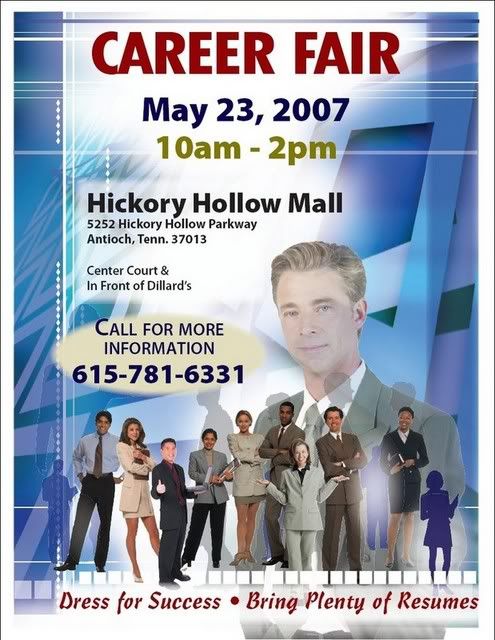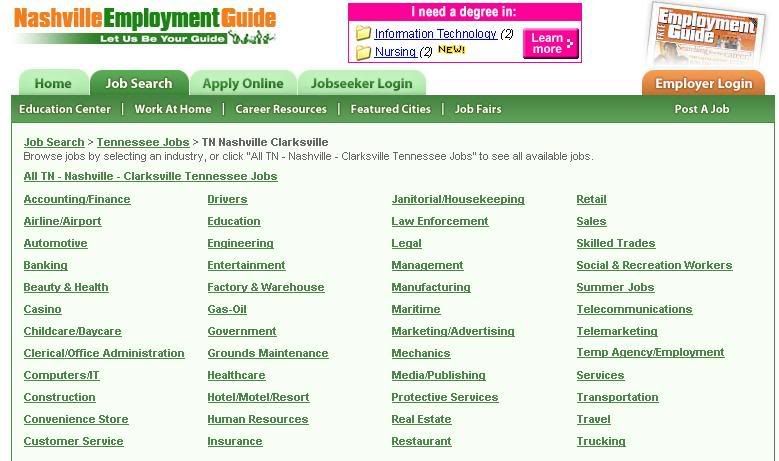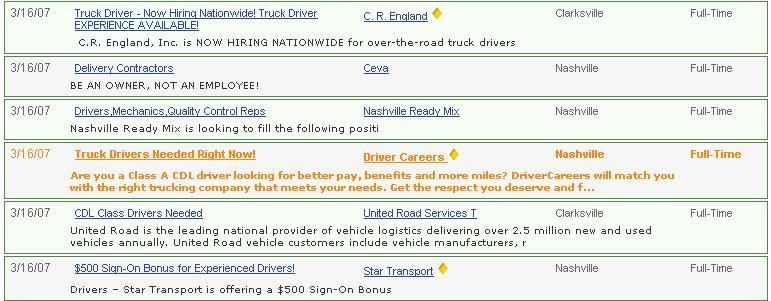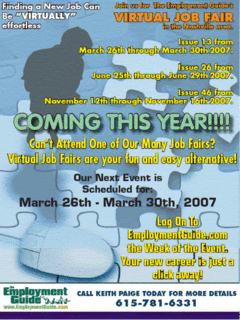Tips to Help Make Your Job Interview Successful
Contributing writer
Congratulations! Spending days, weeks, or possibly months of looking for the right job has finally paid off and you've been asked to come in for an interview. Then comes the biggest question of all, "now what?" You will only have 15 to 20 minutes to "sell" your experiences, attitude, and skills to the employer - most likely without knowing what the employer wants to hear from you. There are articles upon articles of advice on interviewing, from how to answer certain questions to how to dress - right down to the color of your socks! It can seem overwhelming, but remembering a few key points can help make your interview successful.
1. Research.
Find out a little bit about the company you want to work for. Visit the location in person if it is a store or building open to the general public. Visit the company’s Website and talk to anyone you might know who works there. What kinds of products or services does the company make or sell? What types of people work there? What are the typical hours this position requires? What are some of the day-to-day tasks that the job involves?
Make notes of things you want more information about and ask the employer about them at the end of your interview (it’s always a good idea to have a few questions to ask the employer, anyway!). Researching a company and the position make you stand out in an interview. It shows that you are really interested in working there. For more information on how and why to research a company before you interview, click here.
2. Practice
It sounds funny – and it looks even funnier – but practicing out loud for your interview will help you sound more polished and concise and less nervous in the actual interview. List a few key things you want the employer to know about you, and review common interview questions. Formulate answers to those questions and answer them out loud while looking at yourself in the mirror. This exercise prevents you from rambling in the interview and sounding unpolished and unsure. It also helps you discover what really does make you the best candidate for the job!
3.Dress to Make a Good First Impression.
In an interview, first impressions do matter. The best way to ensure a good first impression is to dress smart. If you are interviewing for a job in an office, it is usually best to wear a dark-colored, conservative suit (for both men and women). If you are interviewing for a job where the dress code is more casual (at a factory or a construction site, for example), nice slacks and a collared button-down shirt with a tie for men and a nice dress or blouse and slacks or skirt for women are usually appropriate. You should avoid wearing excessive jewelry, perfume, and flamboyant clothes. Good personal hygiene is also important.
If you are unsure what to wear, you should always go with the most conservative, professional option. Most experts agree it is better to be overdressed than dressed too casually. What you are wearing tells employers a lot about how serious you are about getting the job. Find out more about how to dress for an interview here.
4. Be Conscious of Good Interview Etiquette.
This list could go on forever – there is literally an endless array of “dos” and “don’ts” for an interview – and not everyone agrees on every aspect of that list. There are, however, some basic “interview etiquette” tips that are important to remember. (For a more comprehensive list, click here).
Be on time for your interview. This is, perhaps, the most important. Employers expect employees to arrive on time to work. They may see a person who is late to an interview, when he or she is supposed to be showing his or her best side, as someone who will have difficulty arriving on time to work or meeting deadlines if hired.
Be aware of your body language. When shaking hands, make sure your grip is firm and confident. Have good posture, but avoid appearing like you’re as stiff as a cardboard cutout. Even the most experienced professionals get nervous in an interview – it’s normal. However, if you appear too nervous, the interviewer might draw the wrong conclusions about your ability to do the job – especially if it involves interacting with people! Conversely, make sure you don’t slouch – this could give the impression that you are lazy or uninterested in the position. Maintain eye contact with your interviewer to convey confidence. When speaking, be polite and professional and avoid using slang and profanities. The more confident and polished you appear the more likely you are to leave the interviewer with a positive impression of you.
Keep the interview positive. Avoid making negative remarks about any previous jobs or employers. Also, refrain from complaining about any job-related tasks or responsibilities you were given in a previous position. Employers want to hire someone who is positive, enthusiastic, and able to meet and deal with challenges.
5. Be Prepared to Ask the Interviewer Questions.
This is where your research comes in. Employers want to know if you’re truly interested in the position. They also want to know that you have all the information you need to make a decision, if offered the job. It isn’t a good idea to turn the tables and “interview” the interviewer, but it is a good idea to go into the interview with a few questions in mind. This is your chance to ask additional questions about the business, the position, the requirements, and the expectations of the person who will fill the position.
Click on Sample Questions to Ask an Interviewer or Questions to Ask in an Interview for list of sample questions to ask in your interview. Remember to ask questions that are relevant to the company and position for which you are interviewing.
6. Follow up with a Thank-You Note.
Make sure you let the interviewer know how pleased you were to have the chance to interview with him or her. Immediately after the interview, send the interviewer a thank-you note, thanking him or her for taking time to interview you. This is not only proper etiquette and a common display of appreciation, but it also allows you to reaffirm one or two key points of the interview. It also lets the interviewer know how interested you are in working for the company. Being polite and professional always makes a good impression.
All of this advice comes down to three important things to remember when you're interviewing: being prepared, professional, and polite is the best way to make the right impression!
--The opinions expressed are those of the author and do not represent the views of EmploymentGuide.com, The Trader Publishing Company, or its approval of the opinions expressed therein.


















